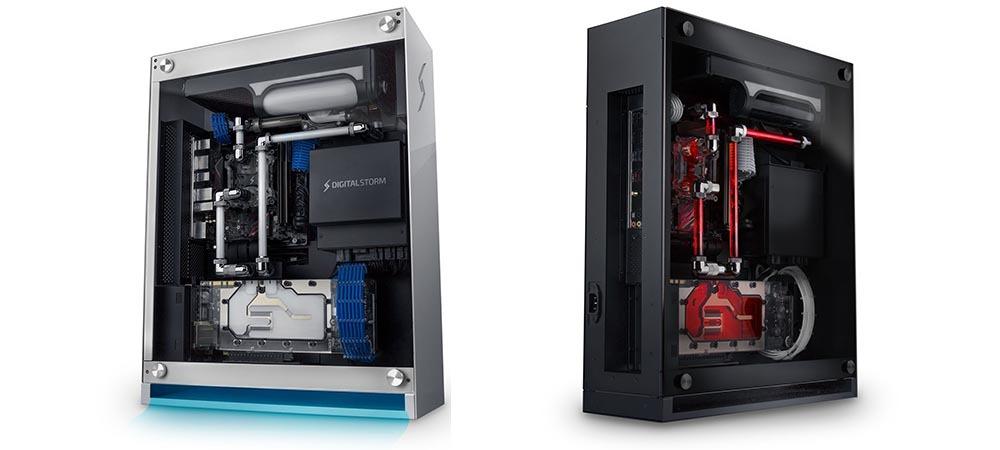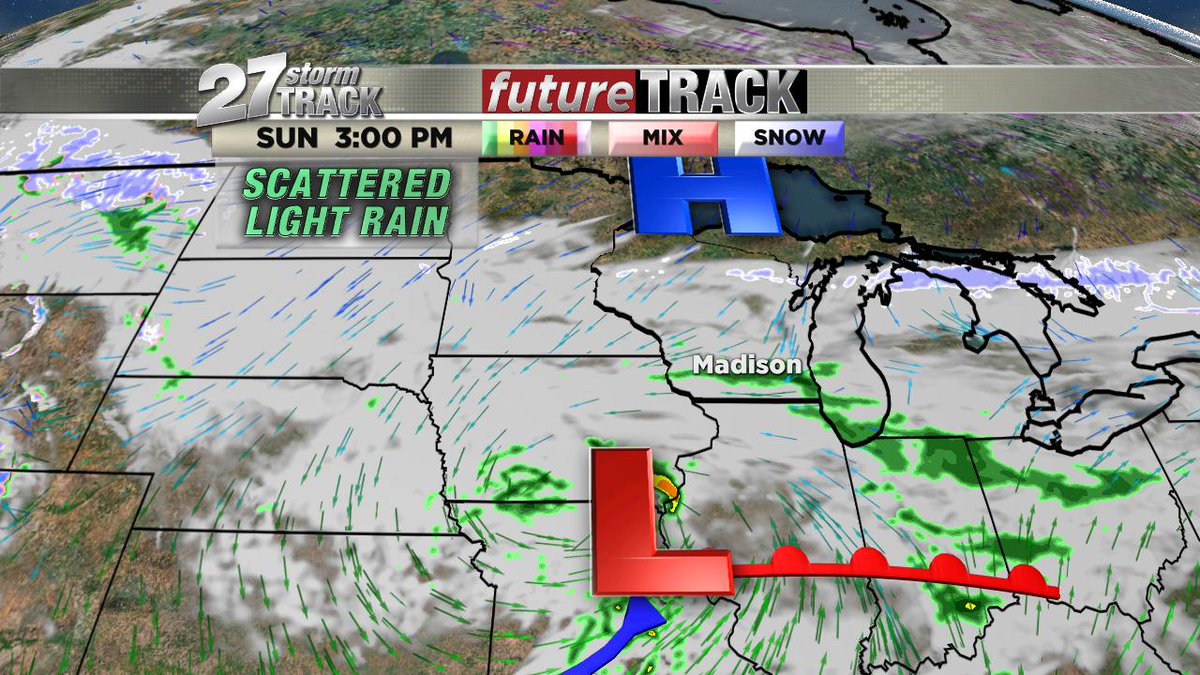

It may be a hardware driver that isn’t behaving well.

It may be that a component is malfunctioning. However, if you’re encountering system instability issues like abrupt shut downs, blue screen crashes, and freezes-especially while doing something demanding like playing PC games or encoding video-your computer may be overheating.Īs we mentioned before, overheating can happen for several reasons. When using your PC for typical tasks, you shouldn’t have to worry about overheating at all unless something is really wrong. RELATED: Everything You Need To Know About the Blue Screen of Death The cool water in the tubes absorb heat as it moves through your case and then leaves your case, where a radiator radiates the heat outward. Liquid-cooled systems work in much the same way, except that instead of airflow, they pump water (usually) through a set of tubes and pipes that travel through your PC’s case.

In the end, though, the airflow system in your PC case is designed with a simple purpose-get the heat away from the heat-generating components and then out of the case. Graphics cards typically have one or more fans directly attached to them and often direct some of their heat exhaust right out the back of your PC. You’ll usually see a heatsink attached to your CPU that’s designed to pull heat off the processor and an attached fan to pull that heat away from the CPU and heatsink. Specific components-like your CPU and graphics card-are the biggest heat generators and likely have additional cooling systems all their own.


 0 kommentar(er)
0 kommentar(er)
